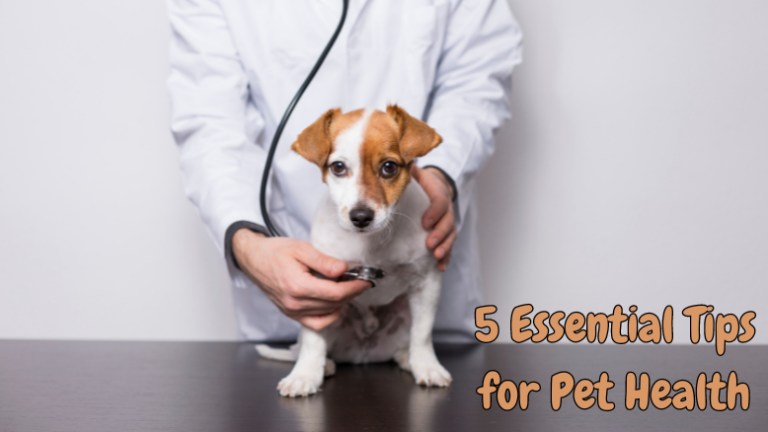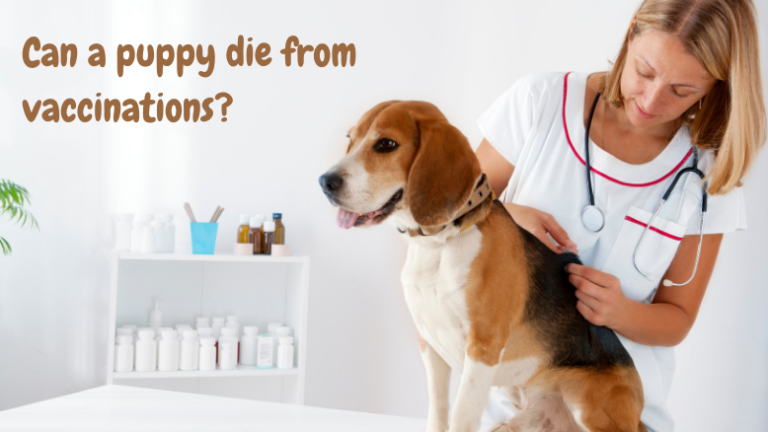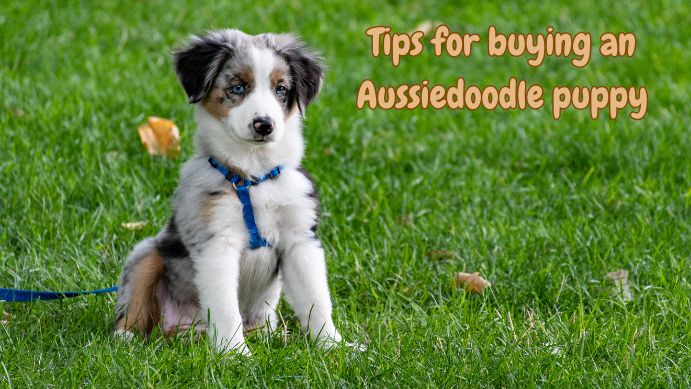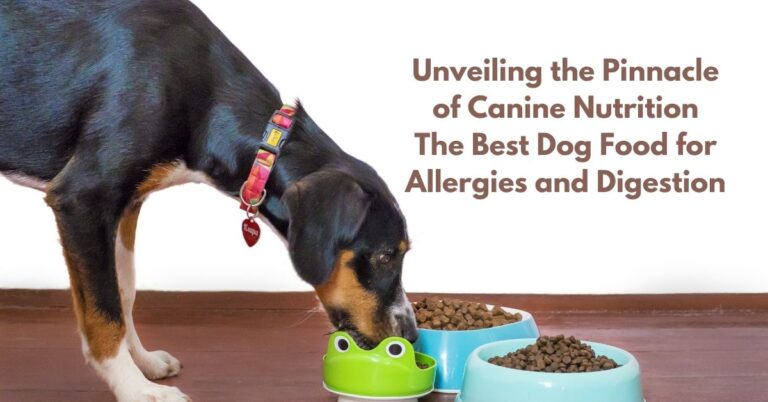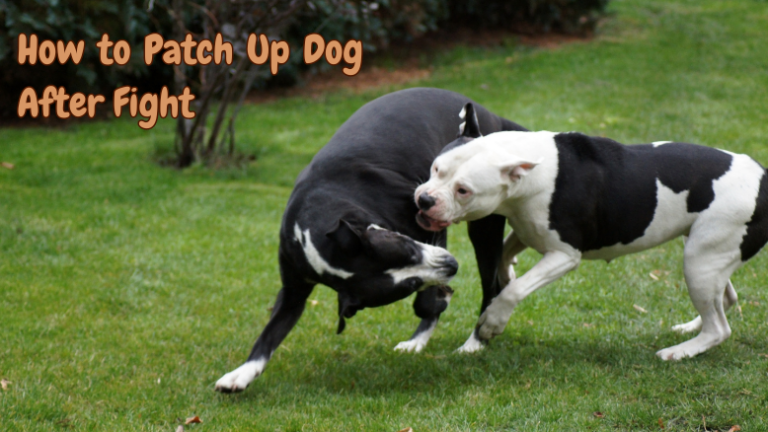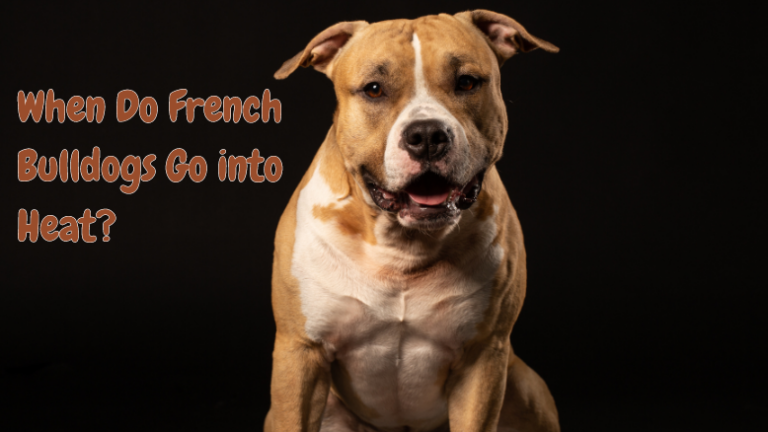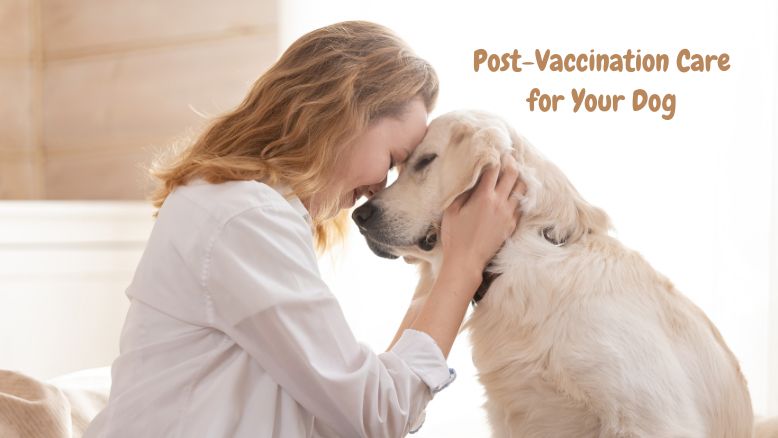
Vaccines are an essential part of keeping your dog healthy. They help protect your furry friend from various diseases, ensuring they live a happy and healthy life.
However, as a responsible pet owner, you may be concerned about what to do after your dog is vaccinated. Below, we address some common questions dog owners have about post-vaccination care.
How Long Should I Wait to Walk My Dog After Vaccination?
One of the most common questions is about walking your dog after vaccination. While it is generally safe to walk your dog after vaccination, it is advisable to wait a few hours to a day.
This waiting period allows you to monitor your dog for any immediate reactions to the vaccine.
- Observe Behavior: During this waiting period, observe your dog for any signs of discomfort or unusual behavior. If your dog is behaving normally and not showing signs of adverse reactions, gentle walking may be beneficial to his well-being.
- Avoid Strenuous Activity: Even if your dog seems fine, avoid strenuous activities such as running or fetching. A short, leisurely walk is ideal.
- Consult Your Vet: Always consult your veterinarian for specific advice tailored to your dog’s needs and the type of vaccine administered. They may have specific recommendations based on your dog’s health history.
What Are the Common Side Effects of Dog Vaccinations?
Understanding the potential side effects of dog vaccines can help you better care for your pet. Common side effects are usually mild and may include:
- Slight Fever: It is normal for dogs to develop a mild fever after vaccination as their immune system responds to the vaccine.
- Reduced Appetite: Your dog may eat less than usual for a day or two.
- Temporary Soreness or Swelling at the Injection Site: You will see a small, firm lump where you received the shot. This will usually resolve on its own.
- Mild Lethargy: Your dog may be more tired than usual. This is a normal reaction as their body is working to boost their immune system.
These side effects usually resolve within a day or two. However, if you notice any severe or prolonged symptoms, contact your veterinarian immediately.
How Can I Tell If My Dog Is Having a Reaction to a Vaccine?
While most dogs tolerate vaccines well, some may experience adverse reactions. It’s important to watch for signs that your dog may be having a reaction to a vaccine, including:
- Persistent Vomiting or Diarrhea: These symptoms can lead to dehydration and require immediate veterinary attention.
- Severe Swelling, Particularly Around the Face and Neck: This may indicate an allergic reaction and may interfere with breathing.
- Difficulty Breathing: If your dog is panting heavily or having trouble breathing, seek emergency care.
- Collapse or Fainting: This is a serious sign and requires immediate veterinary intervention.
- Hives or Intense Itching: These may be signs of an allergic reaction and should be treated immediately.
If you notice any of these symptoms, seek veterinary attention immediately. Prompt intervention can prevent serious complications and ensure your dog’s safety.
What Should I Do If My Dog Feels Unwell After Vaccination?
If your dog is not feeling well after vaccination, there are several steps you can take to ensure his comfort and well-being:
- Provide a Comfortable Resting Area: Make sure your dog has a quiet, comfortable place to rest. Limit their physical activity and let them recover.
- Soft Bedding: Make sure your dog’s bed is soft and cozy. A familiar environment can help them feel more secure.
- Quiet Space: A calm, quiet environment can help reduce stress and aid in recovery.
- Monitor Their Symptoms: Monitor your dog’s condition. Note any changes in behavior, appetite, or energy levels.
- Record Observations: Keeping a diary of your dog’s symptoms can be helpful if you need to consult your veterinarian.
- Stay Hydrated: Make sure your dog has access to fresh water. Encourage them to drink, but don’t force them if they’re not interested.
- Offer Ice Chips: If your dog is reluctant to drink, offering ice chips can sometimes promote hydration.
- Contact Your Veterinarian: If your dog is showing any serious symptoms or you are concerned about his recovery, please do not hesitate to contact your veterinarian for advice and assistance.
- Follow-Up Appointment: Sometimes a follow-up visit may be necessary to make sure your dog is recovering.
Final Thoughts
Vaccines are crucial to your dog’s health, protecting them from a variety of serious diseases. By understanding post-vaccination care, you can ensure that your dog stays comfortable and healthy.
Always consult your veterinarian if you have any concerns or questions about vaccinations and your dog’s overall health. Remember, being active and informed is the best way to ensure the well-being of your furry friend.
Additional Tips for Post-Vaccination Care
- Stay Calm: Your dog can pick up on your emotions. Being calm and reassuring can help them feel safe.
- Treats and Rewards: Treating or rewarding your dog for good behavior can make the vaccination experience more positive.
- Regular Check-Ins: Even after the initial 24-hour period, monitor your dog’s behavior and health for a few days to ensure he makes a full recovery.
By following these guidelines, you can help your dog have a smooth and comfortable recovery after vaccination, ensuring that he stays healthy and happy.

